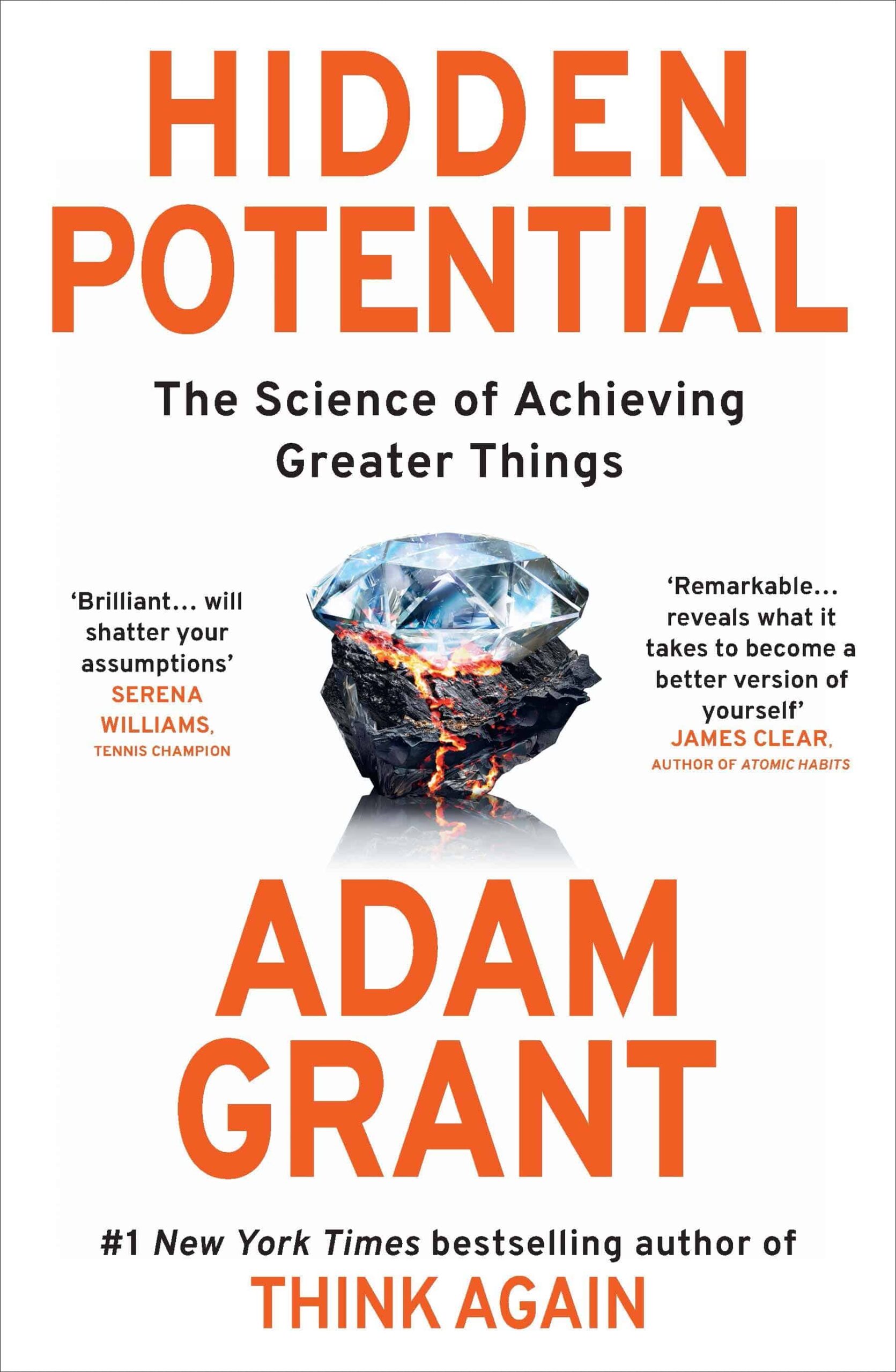Sometimes just a little shift in wording can make a huge difference. In Adam Grant’s book “Hidden Potential“, he explains the difference between seeking feedback and seeking advice:
Instead of seeking feedback, you’re better off asking for advice. Feedback tends to focus on how well you did last time. Advice shifts attention to how you can do better next time.
While I can understand it from the perspective of the person asking, it makes a ton of sense to me when I consider it from the perspective of the person receiving.
If someone asks me for feedback, my default will be a positive response. Even if the event/performance in question was sub-par, I’ll feel inclined to give some kind of “you did great!” type of response.
However, if someone asks for advice, it feels that they’re more open to an actual evaluation. Depending on the situation I’d likely still default to a positive response, but I’ll be more likely to give some tactical guidance as well.
If I make a major mistake with something, I might default to just wanting consolation. In most cases, though, advice on how to improve for next time is the best gift that someone could offer.




